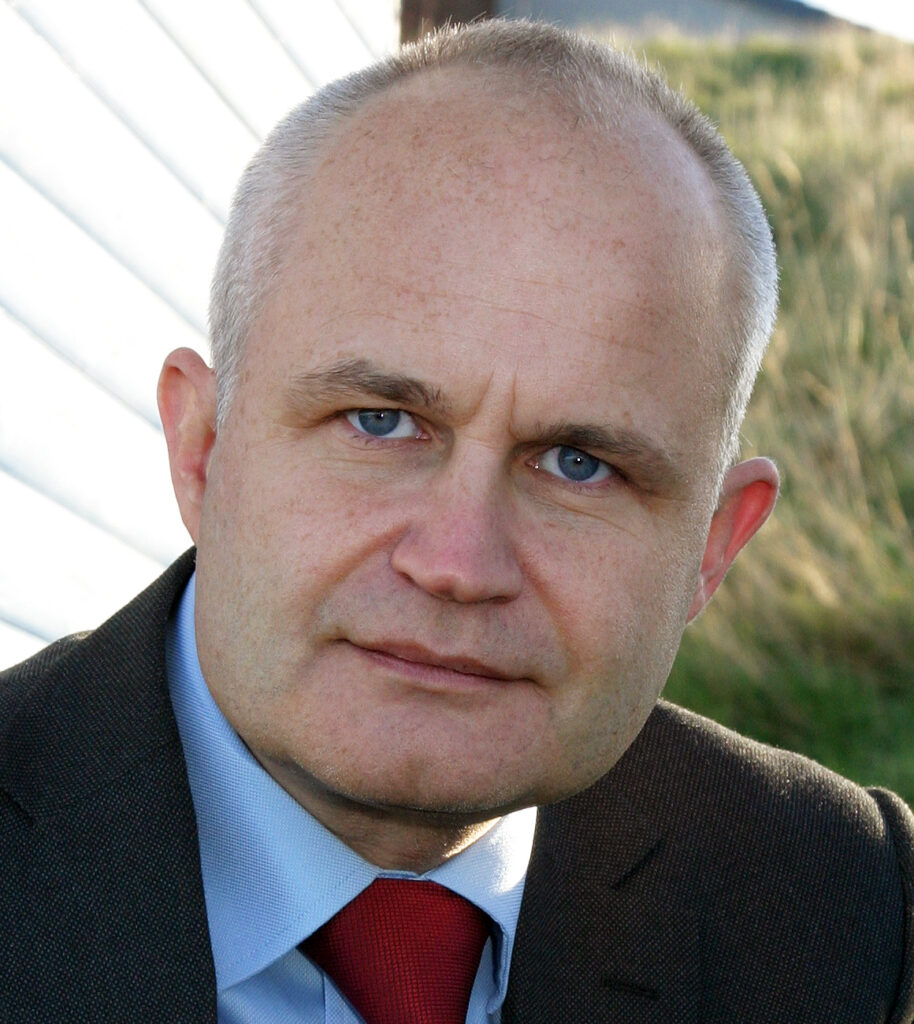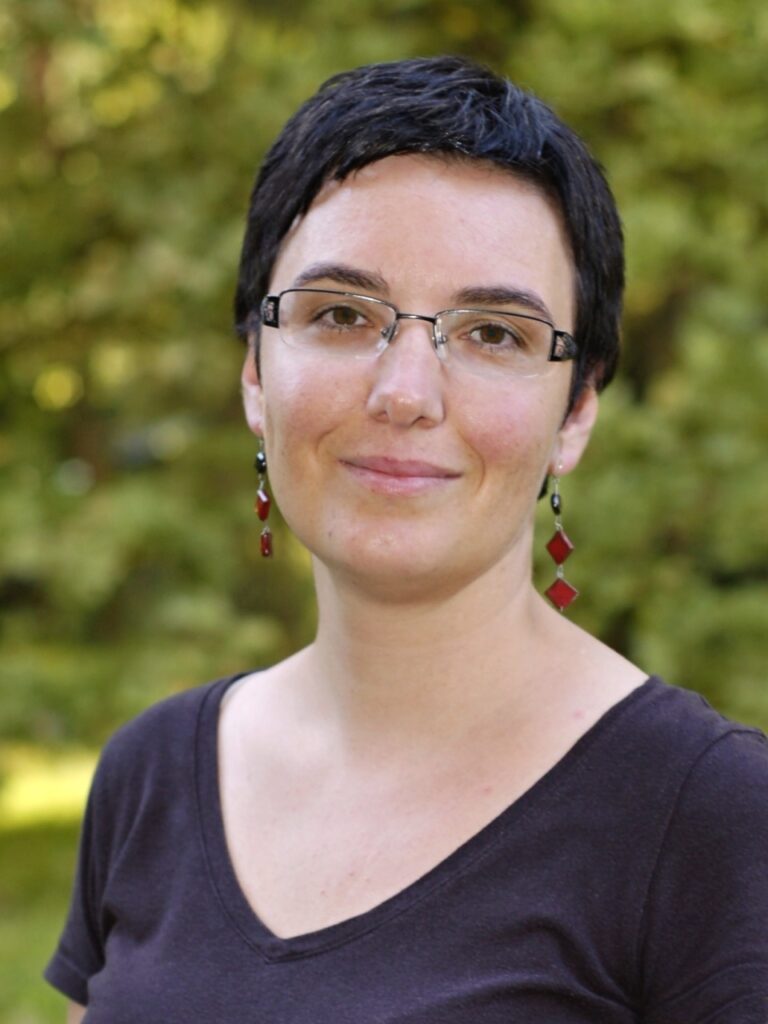International Self-Report Delinquency Study (ISRD)
About ISRD
Why ISRD matters?
For researchers!
This study provides a unique opportunity for the cross-national testing of a number of social-psychological and structural theories of victimization and offending, on a diverse and large international sample of young people, and to contribute to scholarly debate on the overlap between online and offline offending, and victimization and offending.
For parents and educators
The results of this project will help us better understand the everyday world of 13 to 17 years teens, their experiences with victimization and crime – and how parents, schools, friends, and neighborhoods may play a role in ensuring a safe and happy environment for our young people.
For policy makers and politicians
The results from these surveys will be used to identify significant new areas for intervention to reduce trauma/harm to adolescents.
The Steering Committee
Institute of Criminology and Legal Policy
Univerity of Helsinki
Helsinki, Finland

Department of Sociology and Anthropology
Northeastern University
Boston, MA USA

Dirk Enzmann
Department of Criminology
University of Hamburg
Germany

Karin Arbach
To be added

Professor of Criminology and Criminal Justice
Centre for Research on Inclusive Society (CRIS)
University of Salford
Manchester M5 4WT, UK

History
Josine Junger-Tas has been a driving force behind and inspiration for the ISRD project from the beginning.
Read articles about Josine Junger-Tas:
- Josine Junger-Tas: The Life and Works of a Compassionate Criminologist (article written by Ineke Haen Marshall and Hans Boutellier, which appeared in the European Journal on Criminal Policy Research (2013), Volume 19, pp. 71-84).
- Josine Junger-Tas and the European Society of Criminology (Message from the president of the European Society of Criminology, Miklós Lévay, which appeared in the Newsletter of the European Society of Criminology (2011), Volume 10, Issue 1, pp. 3-4)
- Josine Junger-Tas (obituary published by Springer)
- Special Issue: Compassionate Criminology: The Legacy of Josine Junger-Tas of The European Journal on Criminal Policy and Research (2013), Volume 19.

Field work for ISRD1 was conducted in 1992 and 1993 in 13 countries
ISRD1 Participating countries
For more information on participating countries, such as national reports or analyses, navigate to the country-specific pages.
Publications
EDITED VOLUME: Junger-Tas, Josine, Terlouw, Gert-Jan, & Klein, Malcolm W. (Eds.). (1994). Delinquent Behavior Among Young People in the Western World: First Results of the International Self-Report Delinquency Study. Amsterdam: RDC – Ministry of Justice, Kugler Publications.
Junger-Tas, Josine, & Marshall, Ineke Haen. (1999). The Self-Report Methodology in Crime Research. Crime and Justice, 25, 291-367.
Junger-Tas, Josine, Marshall, Ineke Haen, & Ribeaud, Denis. (2003). Delinquency in an international perspective: The International Self-Reported Delinquency Study (ISRD). Den Haag: Kugler Publications.
Junger-Tas, Josine, Ribeaud, Denis, & Cruyff, Maarten J. L. F. (2004). Juvenile Delinquency and Gender. European Journal of Criminology, 1(3), 333-375
The data collection for ISRD2 was completed between 2005 and 2007 in 31 countries
ISRD2 Participating countries
Asia: China
Europe:
Eastern and Central European countries: Armenia, Bosnia-Herzegovina, Czech Republic, Estonia, Hungary, Lithuania, Poland, Russia, Slovenia
Mediterranean countries: Cyprus, Italy, Portugal, Spain
Northern European countries: Denmark, Finland, Iceland, Norway, Sweden
Western European countries: Austria, Belgium, France, Germany, Ireland, Switzerland, the Netherlands
Caribbean, Central and South America: Suriname, the Netherlands Antilles and Aruba, Venezuela
For more information on participating countries, such as national reports or analyses, navigate to the country-specific pages.
Books, Edited Volumes about ISRD 2
EDITED VOLUME: Junger-Tas, Josine, Marshall, Ineke Haen, Enzmann, Dirk, Killias, Martin, Steketee, Majone, & Gruszczynska, Beata (Eds.). (2010). Juvenile Delinquency in Europe and Beyond: Results of the Second International Self-Report Delinquency Study. New York: Springer.
BOOK: Junger-Tas, Josine, Marshall, Ineke Haen, Enzmann, Dirk, Killias, Martin, Steketee, Majone, Gruszczynska, Beata, & Jonkman, with additional contributions from Sonia Lucia and Harrie. (2012). The Many Faces of Youth Crime. Contrasting Theoretical Perspectives on Juvenile Delinquency across Countries and Cultures. New York: Springer.
EDITED VOLUME: Steketee, Majone, Jonkman, Harrie, Berten, Hans, & Vettenburg, Nicole (Eds.). (2013). Alcohol use Among Adolescents in Europe. Environmental Research and Preventive Actions. Utrecht: Verwey-Jonker Instituut.
EDITED VOLUME: Steketee, Majone, Moll, Marit, & Kapardis, Andreas (Eds.). (2008). Juvenile delinquency in six new EU member states. Crime, risky behaviour and victimization in the capital cities of Cyprus, Czech Republic, Estonia, Lithuania, Poland and Slovenia. Utrecht: Verwey-Jonker Instituut.
A total of 35 countries participated in the data collection for ISRD3, which started in 2012 and ended in 2019.
ISRD3 Participating countries
Africa: Cape Verde
Asia: China, India, Indonesia, South Korea, Taiwan
Europe:
Eastern and Central European countries: Armenia, Bosnia-Herzegovina, Czech Republic, Estonia, Georgia, Kosovo, Lithuania, Macedonia, Poland, Romania, Russia, Serbia, Slovakia, Ukraine
Mediterranean countries: Croatia, Greece, Italy, Portugal, Spain
Northern European countries: Denmark, Finland
Western European countries: Austria, Belgium, France, Germany, Switzerland, the Netherlands, the UK (England, Scotland)
Sampling
Before launching the third sweep (ISRD3) in late 2012, the ISRD study protocol was significantly revised and the decision was made that each data collection sweep will use a core set of relatively fixed questions, a flexible part that varies with each sweep, and an optional country-specific module designed by the corresponding national team. Thirty-five national teams conducted the ISRD3 survey between 2012 and 2019. Within each country, a multi-stage sampling procedure was used to select two or more cities (or regions), schools within those cities, and classes within the schools. In ISRD3, classes in 7th, 8th, and 9th grades were sampled (corresponding to students aged 12 to 15).
Focus
ISRD3 focuses on the empirical integration of Situational Action Theory, Institutional Anomie Theory and Procedural Justice Theory. Further areas of interest are theories of social control, criminal opportunity and social disorganization.
A comparative study of youth misbehavior and crime in France, Germany, the Netherlands, the UK and the USA.
UPYC was both part of ISRD3 and a free-standing study. In addition to administrating the ISRD3 core questionnaire and national modules in classrooms, these five countries collected contextual data on youth justice policies and structures. The aim was to make city- and country-level indicators part of the theoretical framework of offending and victimization and add a stronger focus on the across-country comparison of youth justice systems.
Funding
UPYC was funded by a number of national sources: The French National Research Agency (ANR), the German Research Foundation (DFG), the Netherlands Organisation for Scientific Research (NWO), the Economic and Social Research Council (ESRC) in the UK and the National Science Foundation (NSF) in the US.
The funding was provided as part of the Open Research Area collaborative funding programme, in which our five funders were participants at the time.
ISRD4 is open for participation. Click here to learn more about it.
Contact us
If you want to know more about the ISRD project, or you have any questions, please contact:
ISRD Steering Committee Chair
Professor, Faculty of Law
University of Tartu
Estonia
Phone:
627 1876
5557 3302 (3878)
Email:
anna.markina@ut.ee


